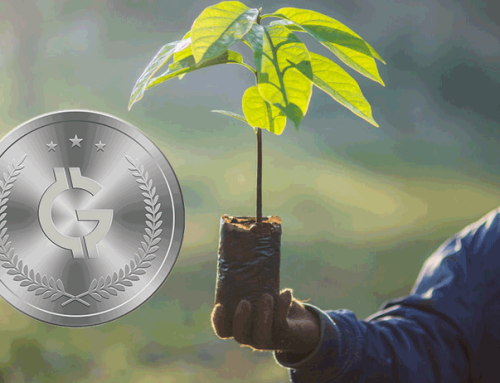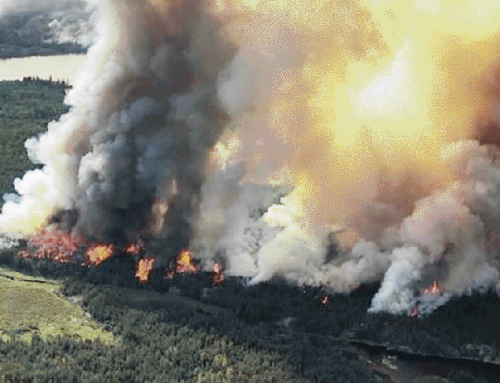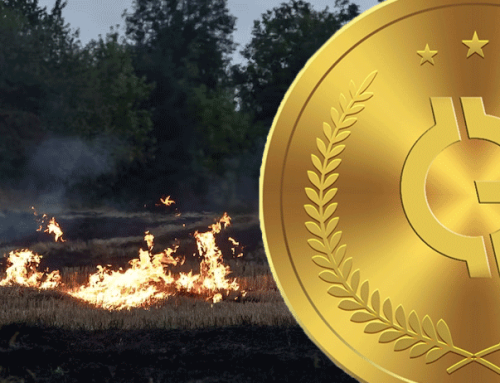In our previous blog, What Is ReFi? A Better Model Of Economy, we gave a crash course on the concepts of ReFi. This week, we will continue with the same topic but focus more on ocean conservation.
I am sure you are all well aware of the effects of climate change and the current problems of the ocean and coastal environments. According to the United States Geographical Survey, the ocean accounts for approximately 97% of the Earth’s water, and 71% of the surface of our planet belongs to the ocean. So, besides providing picturesque beach vacations that we all like to share on social media, the sea holds incredible value to the ecosystem.
Why is the Ocean Important to Us?
There are many reasons why the ocean is critical to living animals. To name a few, it is home to countless oceanic species, such as fish, turtles, and sharks. Over 80% of life globally resides in the ocean, making it the largest biosphere in the world. As some land animals feed on these marine species, the health of their habitats is also essential to us.
We all know that rainforests are one of our biggest allies in combating climate change, but did you know that the ocean also generates up to 50% of the oxygen we need? It absorbs a quarter of the carbon we emit and captures 90% of the excess heat generated by these emissions. It is no wonder that the United Nations regards the ocean as ‘the lungs of the planet’ and its most significant ‘carbon sink’, making it a vital buffer against the impacts of climate change.
Current Marine Problems
Despite knowing all the benefits of the ocean to us, we humans continue to make minimal efforts to ocean conservation and save the them. Instead, we throw plastics into the ocean, accelerating their diminishment and deterioration.
Globally, we see a rapid decline in coral reefs, kelp forests, and phytoplankton. Not only are they an essential food source for many marine species, but they are also key marine habitats, especially coral reefs. It has been said that up to 50% of the world’s coral reefs have been lost or damaged severely, and by 2070, they will all be gone forever.
The issue of coral bleaching might not seem critical to us. After all, we do not survive on corals. Hence, many people naïvely believe that their lives can go on as usual even when all the reefs die. However, according to Climate Foundation, 25% of marine species rely on coral reefs for survival, and 100 million humans will die by 2030 due to climate change.
The ocean is crying for help, and coral bleaching is just one example. Therefore, we need to take serious action to protect our oceans.
ReFi and Ocean Conservation
The ocean plays a fundamental role in climate change, so we must consider it when making financial decisions.
Aside from the blue bonds being introduced in recent years, blockchain and web3 can also help. Numerous projects in the web3 space are popping up, providing innovative solutions to restore oceanic health.
OceanDropAs part of OceanDrop, the NFT art auction hosted by Open Earth Foundation sought to raise funds for the foundation’s ocean conservation initiatives. The funds raised were used to support ocean conservation research and blockchain implementations for improving and protecting our oceans.
FishcoinThe transparent and traceability nature of blockchain allows this project to incentivise seafood suppliers to share their supply chain making sure that all the seafood people buy is sustainably sourced. (I have mentioned why blockchain makes this possible in the Climate Change and Blockchain in Creating a Sustainable Future blog, check it out if you haven’t!)
ReSea ProjectReSea is a Danish company that has a goal to end plastic pollution in the sea by certifying cleanup processes allowing people to understand where each reclaimed plastic was recovered.
We all know the importance of protecting our oceans, but it can take time to know where to start. The good news is that ocean conservation doesn’t have to be daunting! With ReFi, we hope to regenerate the vital resource lost due to us and build a better future. Every action counts regarding saving one of Earth’s most precious resources – let’s all come together as stewards of nature today so that tomorrow’s children may enjoy its beauty just as much as we did!




